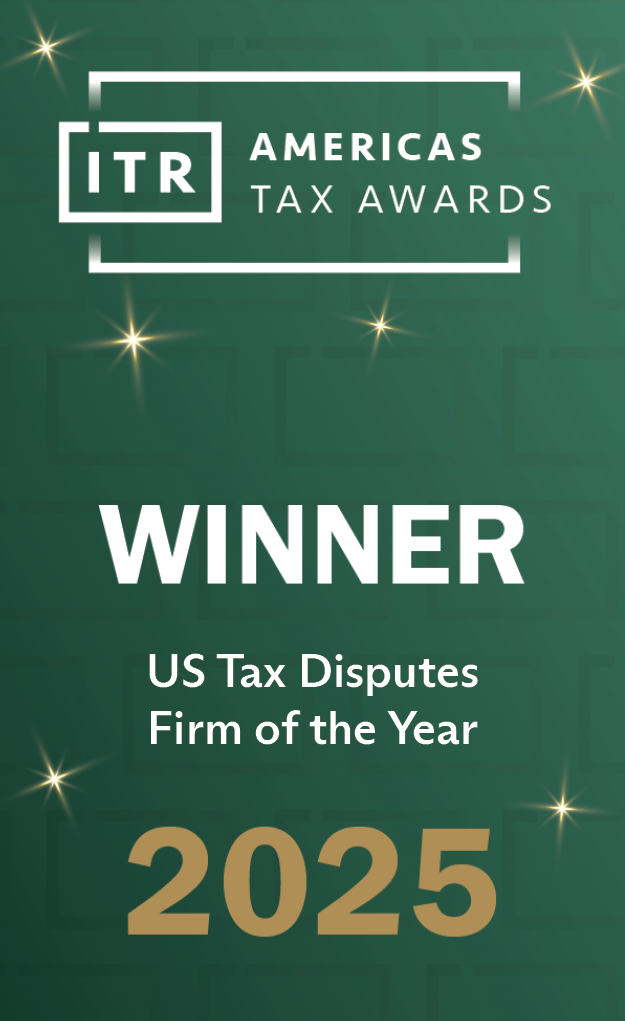On June 20, 2019, the United States Court of Federal Claims published its long-awaited opinion in California Ridge Wind Energy, LLC v. United States, No. 14-250 C. The opinion addressed how taxpayers engaging in related party transactions may appropriately determine the cost basis with respect to a wind energy project under the Internal Revenue Code (IRC). Central to the case was whether the taxpayer was allowed to include a $50 million development fee paid by a project entity to a related developer in the cost basis of a wind project for purposes of calculating the cash grant under Section 1603 of the American Recovery and Reinvestment Tax Act of 2009 (Section 1603). Section 1603 allowed taxpayers to take a cash grant in lieu of the production tax credit of up to 30% of the eligible cost basis of a wind project. The eligible cost basis under Section 1603 is determined in the same manner as under Section 45 for purposes of the investment tax credit (ITC). The Justice Department disagreed with the taxpayer’s position that the development fee should be included in the cost basis for calculating the Section 1603 cash grant. The Justice Department argued that the development fee was a “sham.”
The court agreed, and held for the government. The court’s opinion focused on the taxpayer’s failure to provide evidence that the payment of the development fee had “economic substance.” Indeed, the court was troubled that none of the taxpayer’s witnesses could explain what was actually done to earn the $50 million development fee. Other than a three‑page development agreement and the taxpayer’s bank statements identifying the wire transfers for payment of the development fee, which started and ended with the same entity, the court found that the taxpayer provided no other factual evidence to support the payment of the fee. Indeed, the court pointed to the taxpayer’s trial testimony, which the court found lacked the specificity needed to support the development fee. Because the taxpayer failed to carry its burden of proof and persuasion, the court concluded that the taxpayer was not entitled to include the $50 million development fee in the cost basis of the wind project for purposes of computing the Section 1603 cash grant.
Importantly, the court did not, however, rule that a development fee paid to a related party is not permitted to be included in the cost basis of a facility for purposes of determining the Section 1603 cash grant. Instead, the court simply ruled that the taxpayer failed to provide it with sufficient proof that in substance the taxpayer performed development services for which a development fee is appropriately considered part of the cost basis of a facility for purposes of determining the Section 1603 cash grant.
Practice Point: In court, the plaintiff has the burden of proving its entitlement to the relief sought. Before filing a case, it’s best to make sure that you have all of the evidence you need to prove your case. Without substantial and [...]
Continue Reading
read more


 Subscribe
Subscribe




